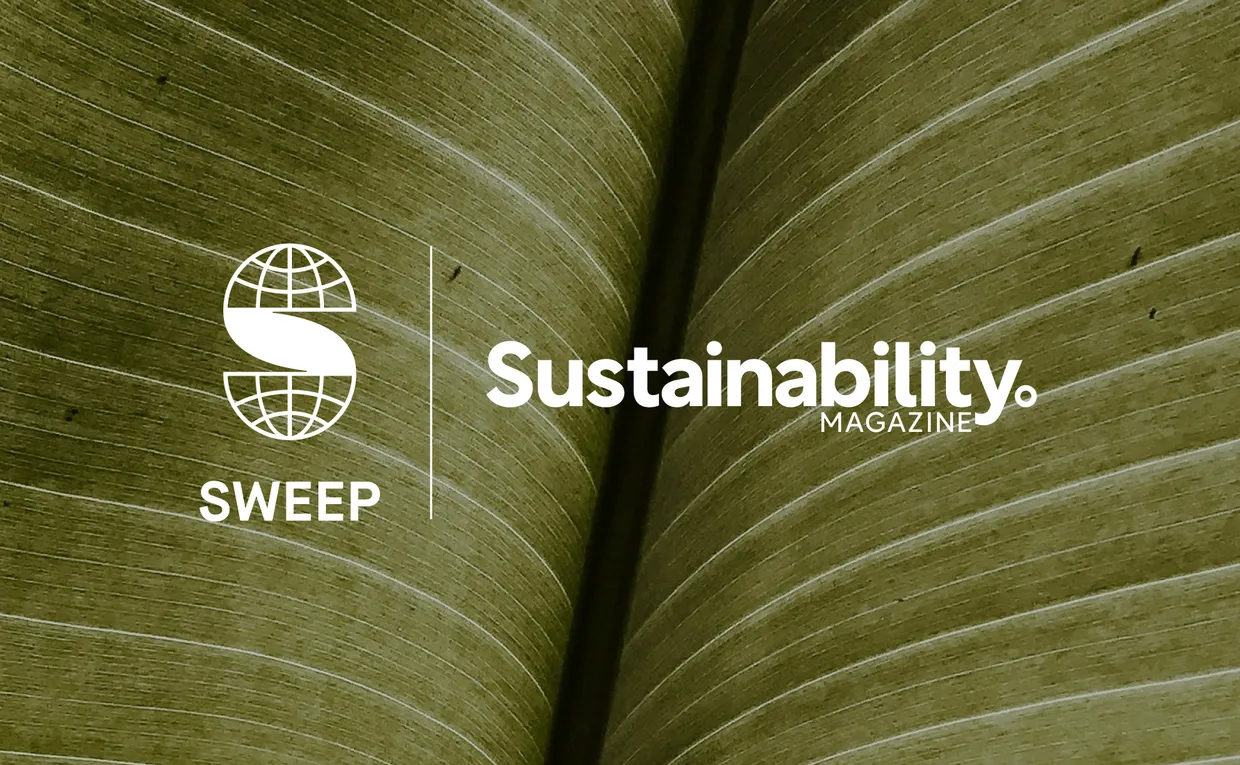Rachel added that the evidence is clear. A Morgan Stanley study found 88% of companies view sustainability as a long-term value driver, and more than 80% already track ROI. “In 2025, sustainability is just smart business,” she said.
Data as the game-changer
If one theme ran through the conversation, it was data. For corporates and investors alike, accurate ESG data is the bridge between ambition and results.
Rachel explained how customers are using data to drive innovation. One global cosmetics brand reformulated shampoo to rinse out faster, cutting both emissions and water use while improving customer experience. A smaller US brand shifted to local sourcing, creating a “Made in Brooklyn” identity and shrinking its footprint.
Supply chain resilience is another area where data makes the difference. French rail operator SNCF is collecting climate data from 160,000 suppliers through Sweep, strengthening its long-term operations.
“Data turns sustainability from a cost centre into real business value,” Rachel said.
Navigating regulation with technology
Regulation is tightening globally, from Europe’s CSRD to new ISSB standards. The volume of information required is daunting for most sustainability teams.
Rachel described how companies like Swisscom are using Sweep’s materiality matrix and AI-driven reporting to manage compliance. Once data is centralised and audit-ready, regulation becomes more than box-ticking – it informs better business decisions.
Cara agreed, while cautioning against inefficiencies. One global bank has 200 people working only on reporting, she noted. “That’s no longer beneficial. Technology should be freeing those people to focus on strategy and investment decisions.”
Breaking out of the sustainability silo
A common challenge for sustainability leaders is being seen as “the environmental department” rather than a driver of business growth.






